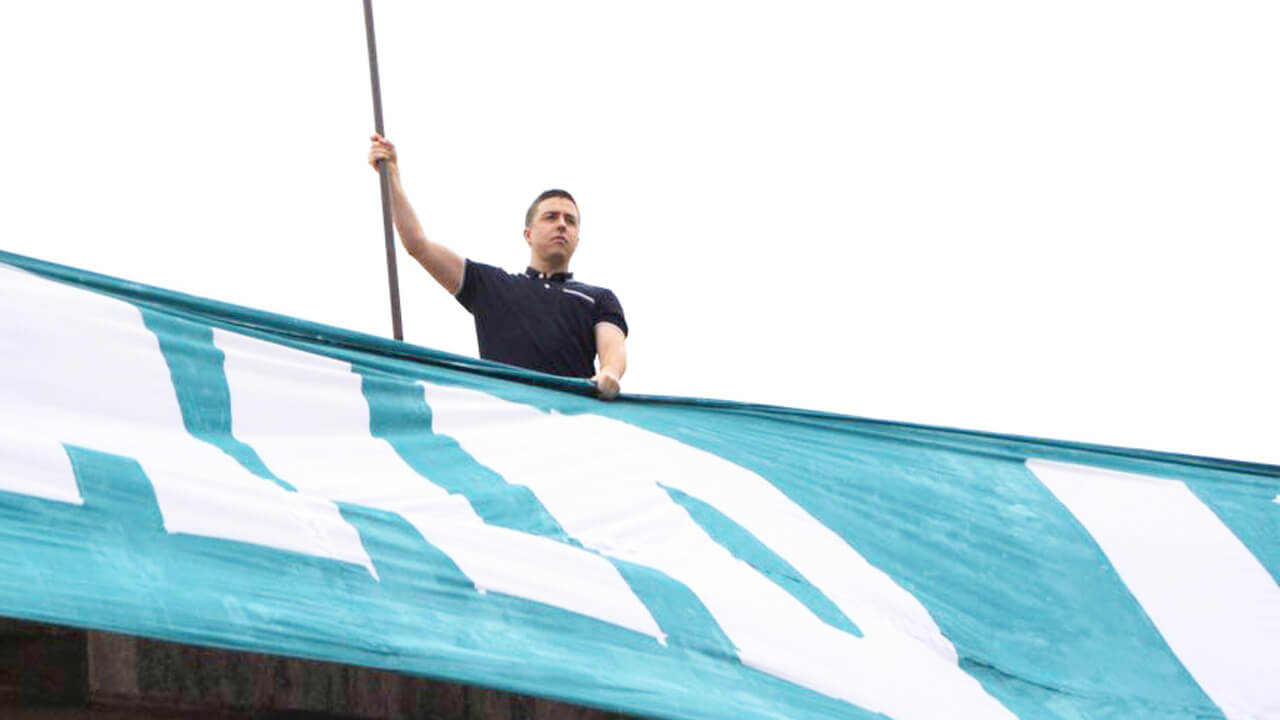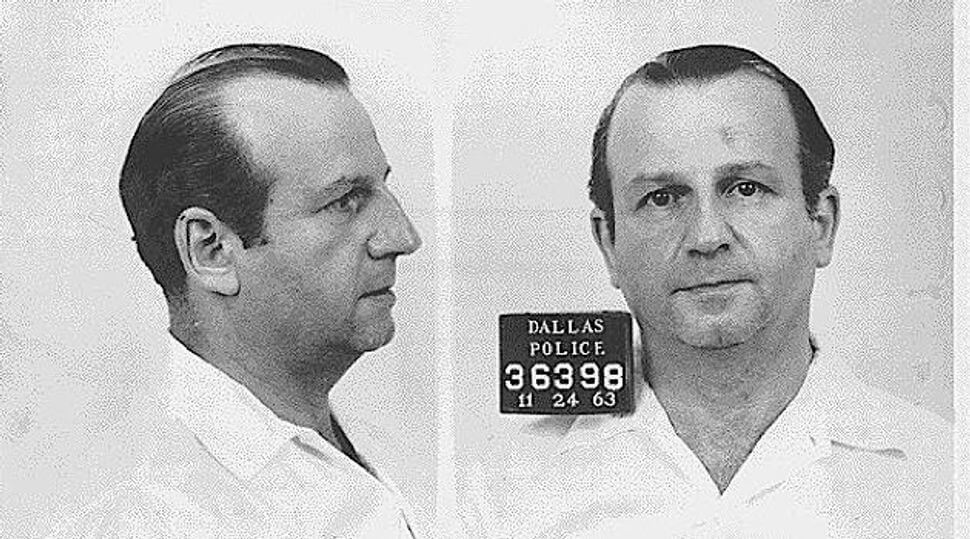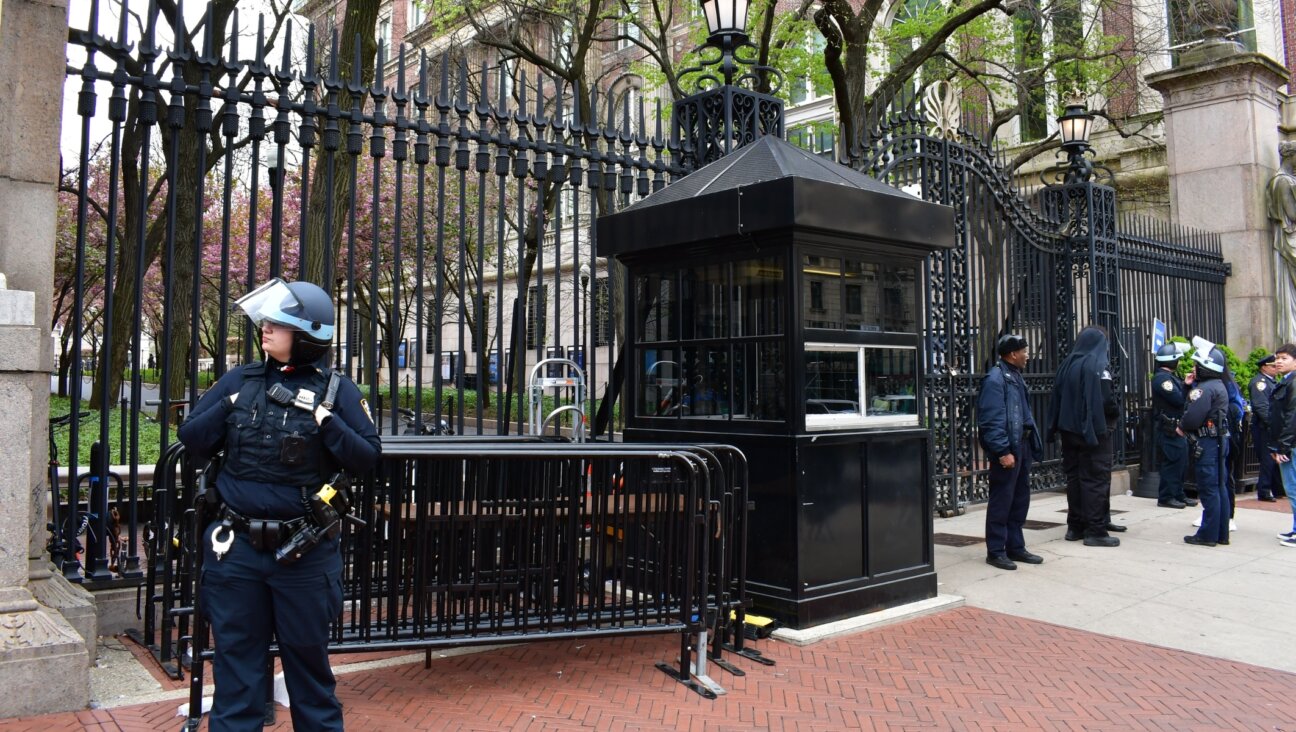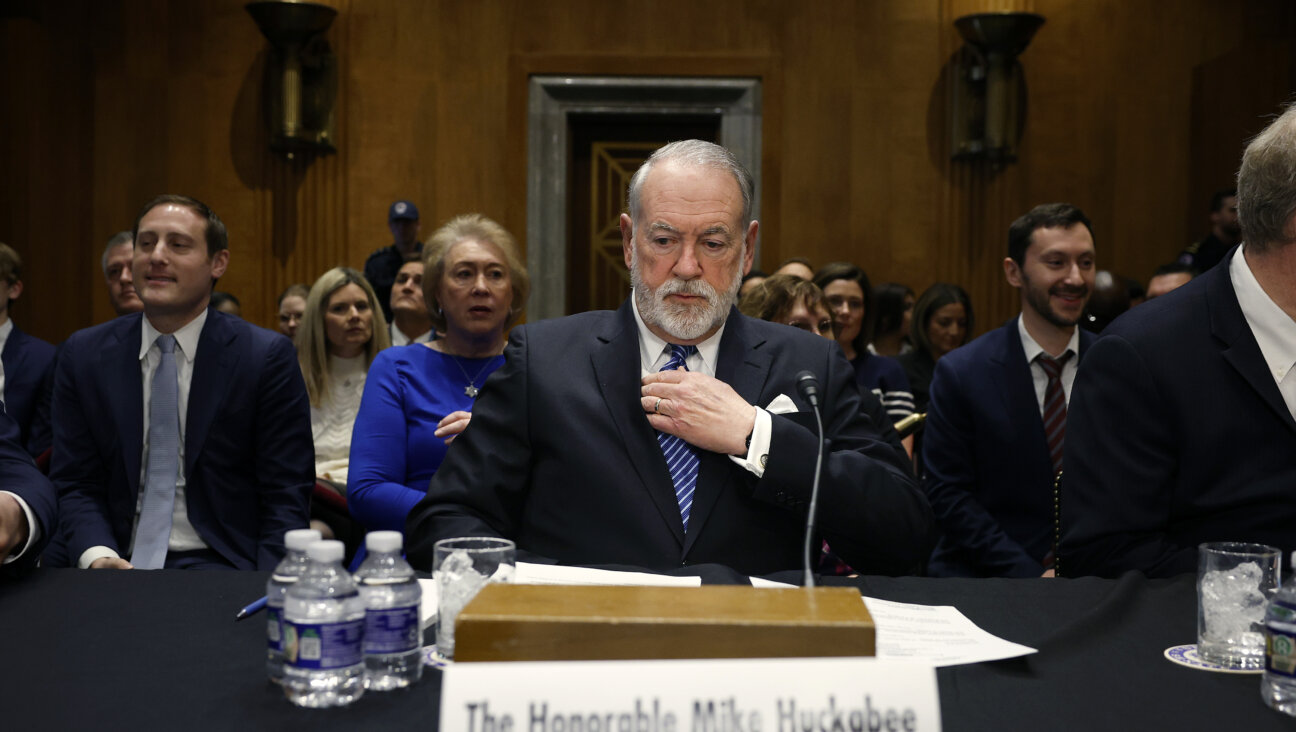Remembering a Woman Who Helped Yiddish Flourish in Mexico City

Image by Courtesy of Alan Grabinsky
In 1944, a young girl from Brooklyn fell in love with a Mexican Jew and decided to leave it all to go to Mexico City. Little did she know her strong Yiddish upbringing would change the Mexican community for decades to come.
The Vele Zabludowsky I got know was a small woman, imposing in character, who would smoke a pack of cigarettes a day and curse freely when given a chance. She was sarcastic, her dry humor always backed by a yiddish sense for the absurd. Despite her smoking habits, she defied all odds: I was there for her ninetieth birthday, hearing her sing Tumbalalaika with her nephew by her side playing the accordion and all the family, friends and students, singing along.
Vele was born in Bialystok, Poland, in a liberal but religious household: her father was a carpenter and a shul-yid, or synagogue-goer. Bialystok was a city buzzing back then with an active Yiddish political culture. But due to economic hardships, her father had to move to New York. Vele joined him, six years later. She was 11 years old.
She grew up in Brooklyn during the 1920s and attended the Thomas Jefferson High School and the Workmen’s Circle Seminar, a school with strong socialist and secular tendencies. For more than a decade, Yiddish was her only tongue.
Vele met her future husband, Samuel Zabludowsky, on a trip to Mexico on 1944. They married in New York, in December 1945 and the couple decided to live in Mexico. Vele learned Spanish, and spoke with an Eastern European accent her whole life.
In Mexico City, Vele found herself in the midst of a more ethnically diverse Jewish community than in New York or even Poland; Mexico hosted Sephardic, Syrian and Ashkenazi Jews from over 10 countries, living only a couple of blocks from each other. Each group had their own educational institutions and synagogues.
Vele worked for some years as a kindergarten teacher at the already existing Yiddish School. After a series of internal polemics between different political factions, the director of the school, Abraham Golomb — a world renowned Jewish educator — was expelled and Vele among others decided to follow him. After a couple of years, funds were raised, and the Naye Yidishe Shule was established.
Vele played an integral role in that school for the rest of her life, gaining the nickname “Lererke” — the teacher — even among adults who had once been her students. She was a revolutionary. When topics of gay rights were not even on the national agenda she hired an openly gay principal to run her school. All this happened in the context of a community where homosexuality was strongly shunned.
As a proud diasporist, Vele kept the secularist tradition of Yiddish alive, her teachings pointing to a Judaism that went beyond the conservative, religious and zionist bent of many of the Jewish institutions within the community. She also wrote many articles in Yiddish, presided in the Pro-Yiddish committee, founded a Yiddish musical group and in the sixties recorded an album of Yiddish songs, creating an LP that is still a rarity for Mexican cultural life.
I always thought she carried a lost culture, something that was dying. But, for her, Yiddish was something alive and thriving. Yiddish is not a strong presence in the 20 million megalopolis, but she carried it like a personal geography, a constellation of language that allowed her to make sense of what happened worldwide. When she passed away last month, at 92, the eulogies were immediate. Some referred to her as the pillar of the Ashkenazi community. Others as the backbone of institutional life.
In the Jewish cemetery, family members openly declared her a nonbeliever in front of the Orthodox cantor. There was no shiva, or public mourning period, for Vele had no children. But the entire Ashkenazi community is sitting down, trying to make sense of the culture change that will follow on her loss.
We were all her students, and, as she often said, it was in her students that she found her sons.
Alan Grabinsky writes about cities, media and globalization from Mexico City. He is the Director of the qualitative consulting firm INTERsección.
The Forward is free to read but not free to produce

I hope you appreciated this article. Before you go, I’d like to ask you to please support the Forward.
At a time when other newsrooms are closing or cutting back, the Forward has removed its paywall and invested additional resources to report on the ground from Israel and around the U.S. on the impact of the war, rising antisemitism and polarized discourse.
Readers like you make it all possible. We’ve started our Passover Fundraising Drive, and we need 1,800 readers like you to step up to support the Forward by April 21. Members of the Forward board are even matching the first 1,000 gifts, up to $70,000.
This is a great time to support independent Jewish journalism, because every dollar goes twice as far.
— Rachel Fishman Feddersen, Publisher and CEO
























